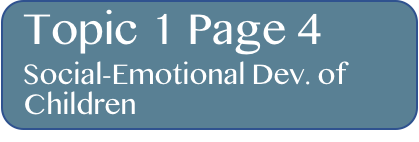Sentry Page Protection
Unit 3 Student Login 
Student Login
Welcome, (First Name)!
Enter Member Area
(Unit 3) Topic 1: Social and Emotional Development
2 Clock Hours of Early Childhood Education


















